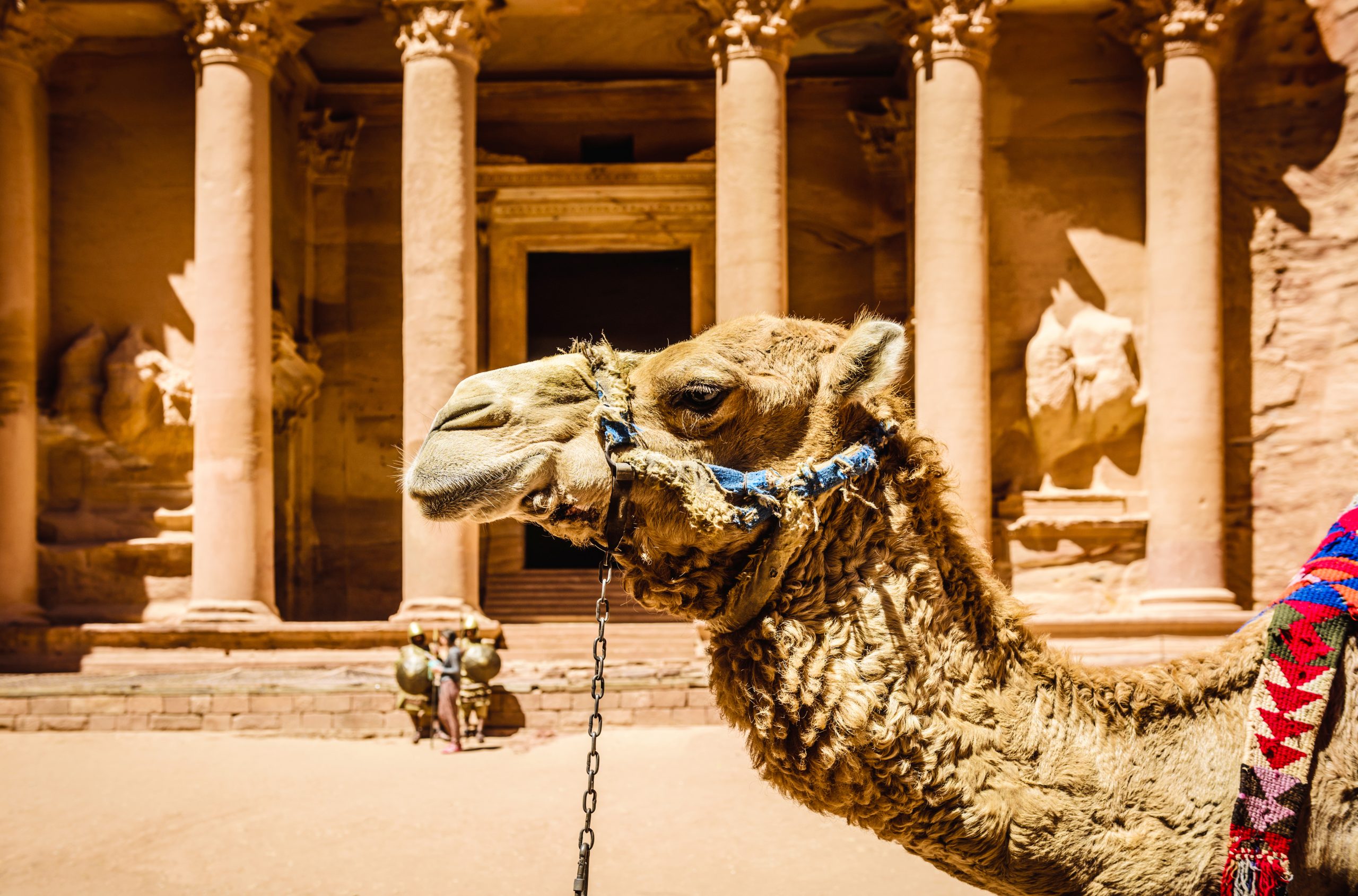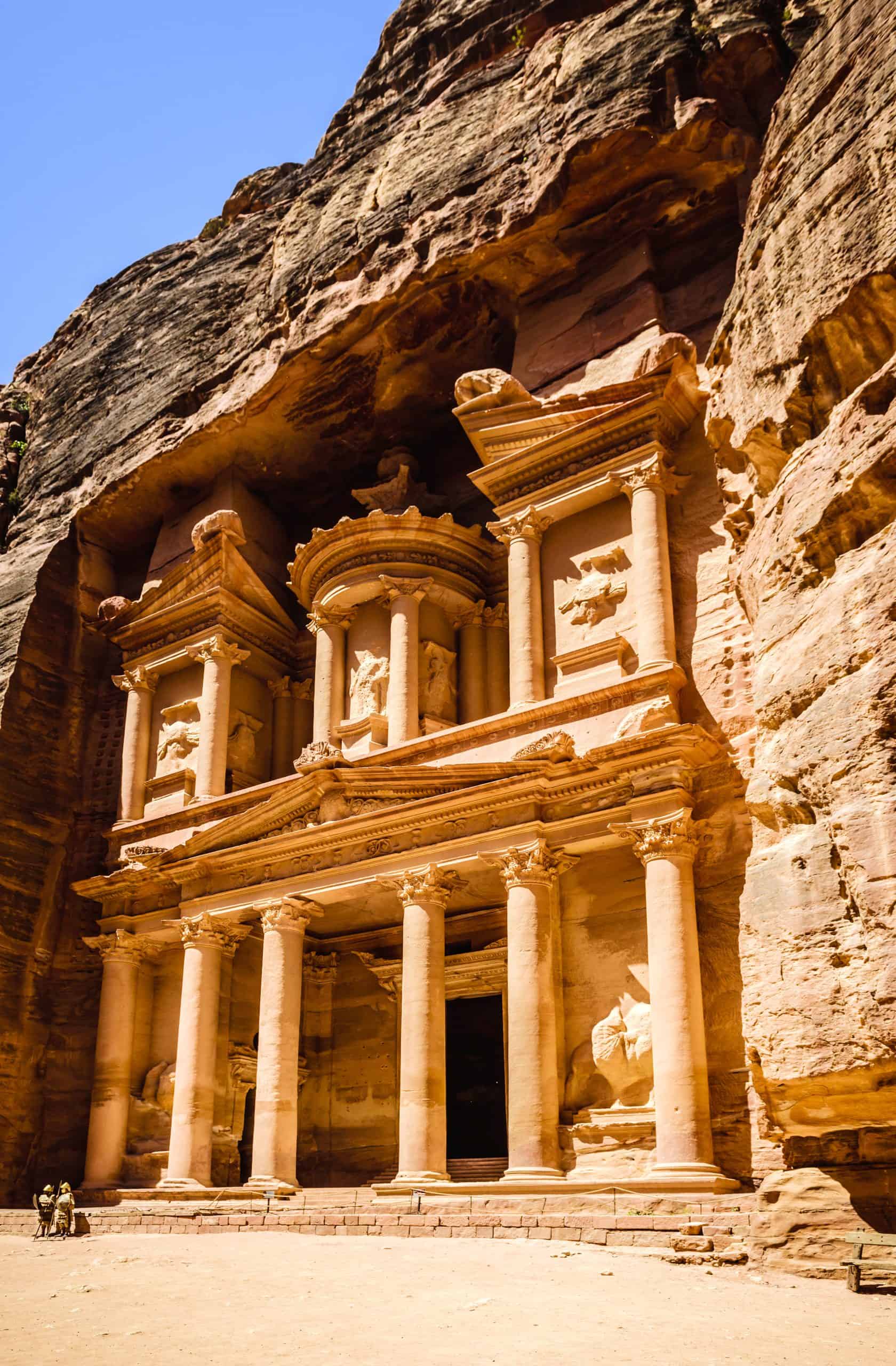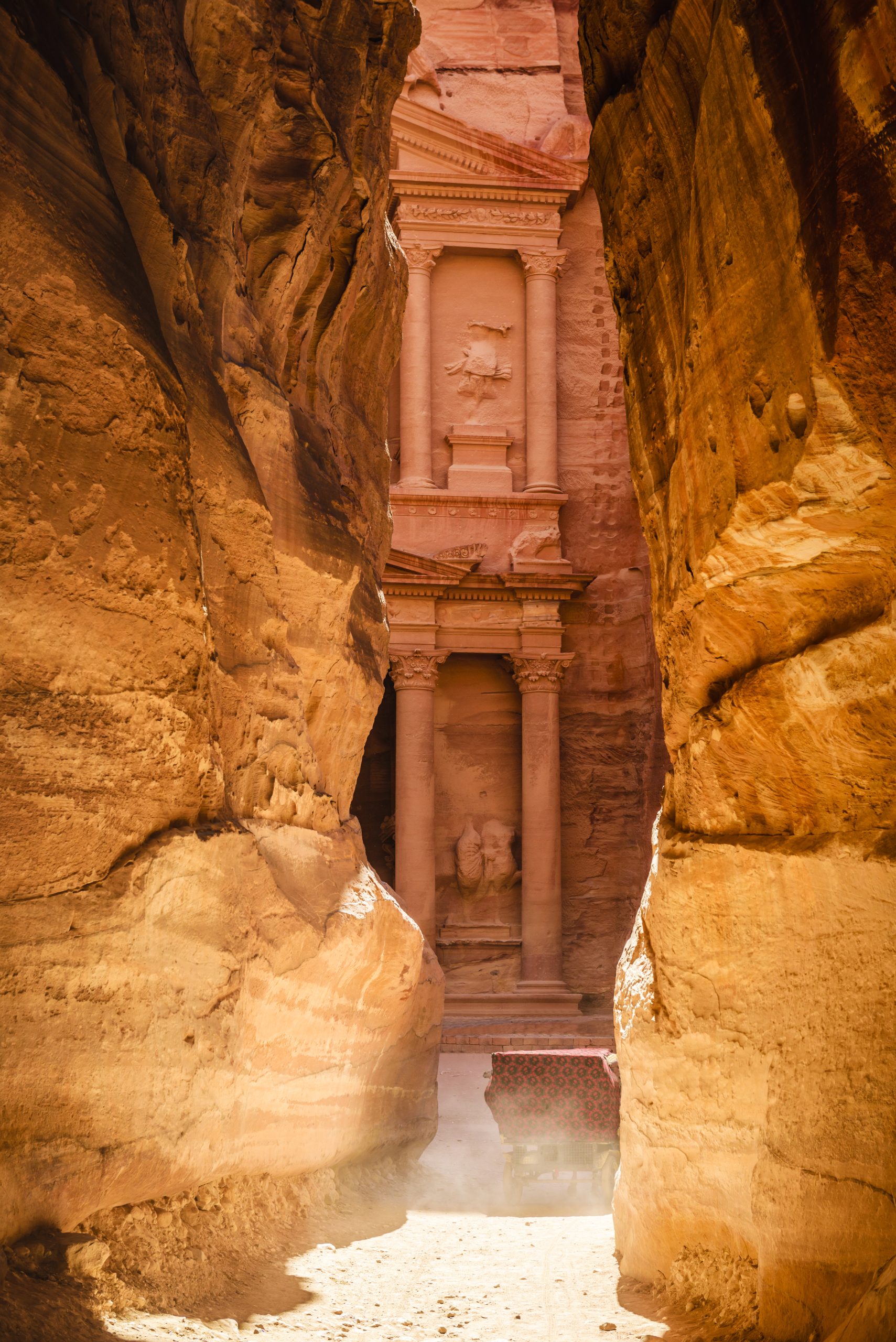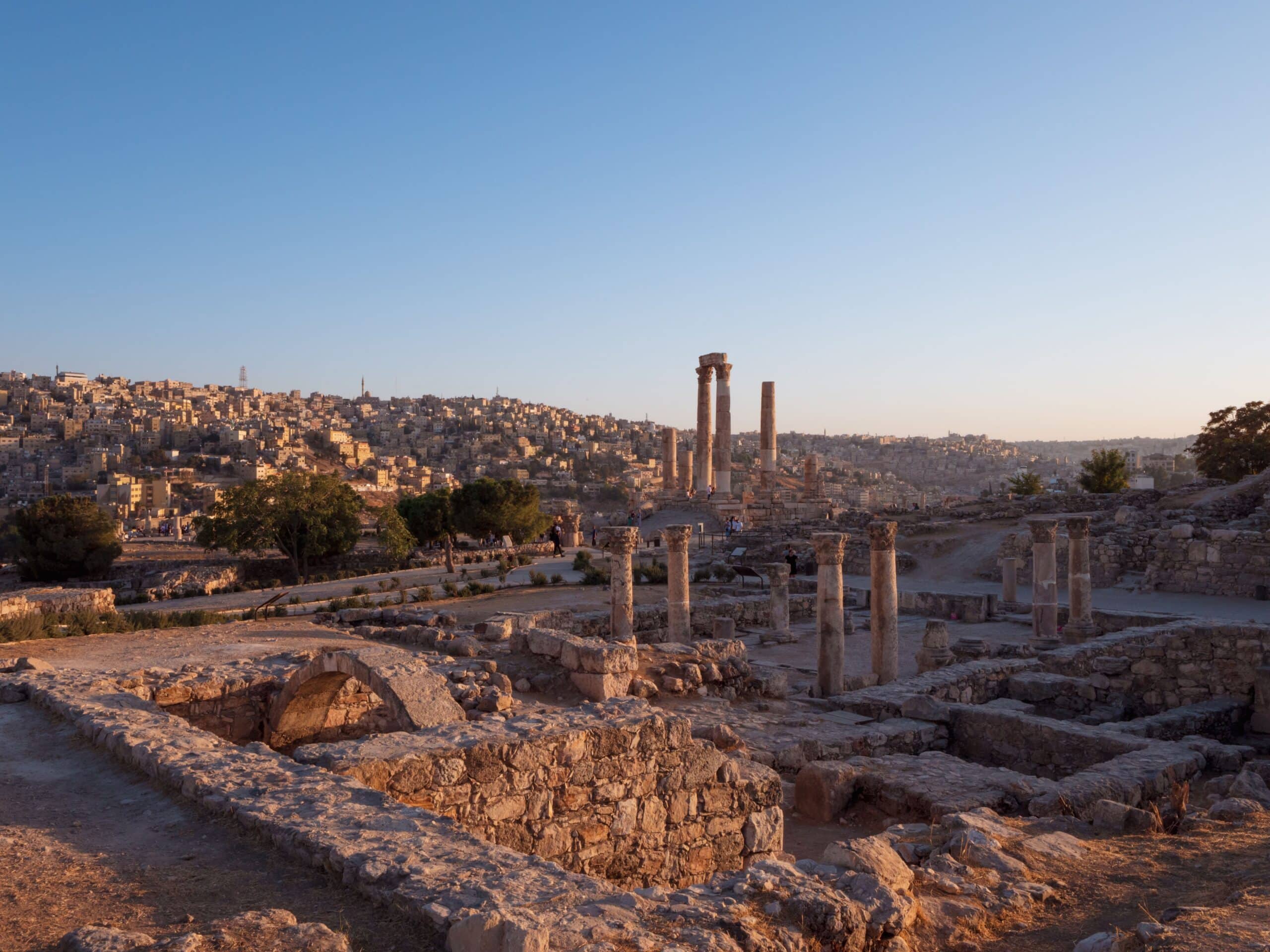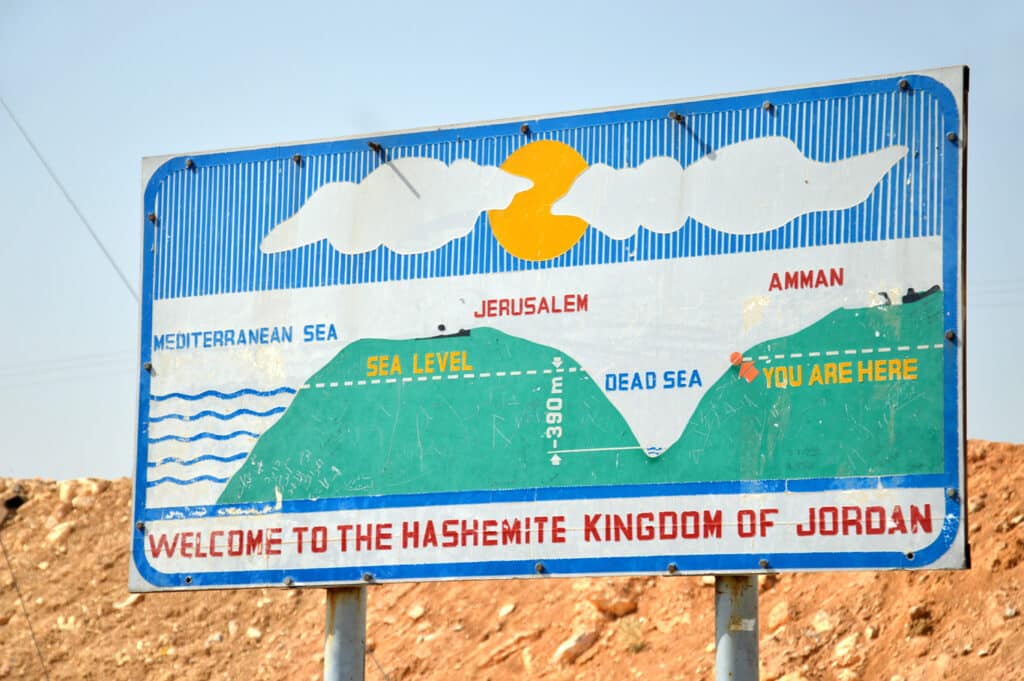The History of Petra – Revealing It’s Past
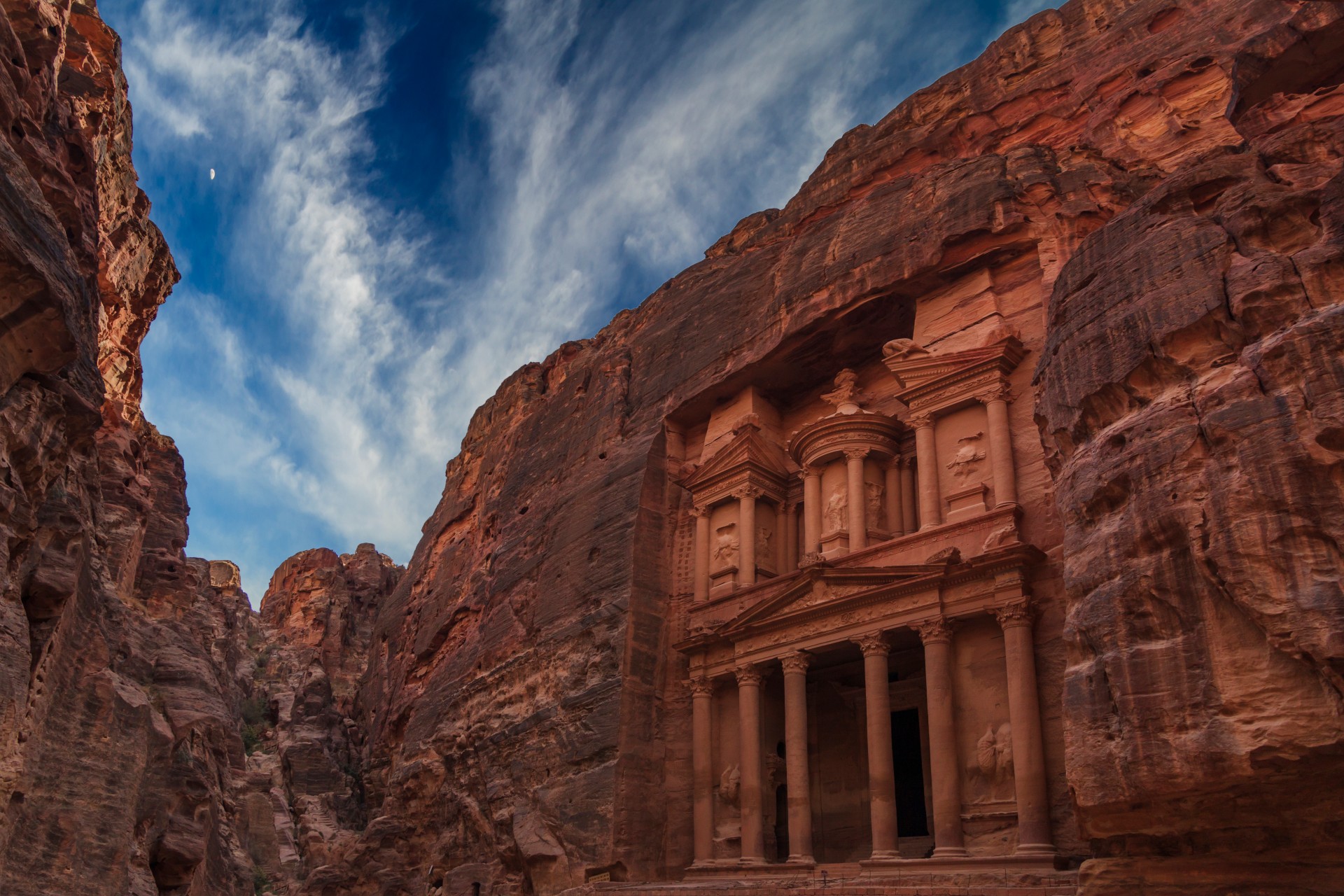
Introduction
Nestled within the rugged landscapes of southern Jordan, Petra stands as a timeless testament to human ingenuity and architectural marvel. Often referred to as the “Rose City” due to the hues of its rock-cut architecture, Petra’s history is a captivating journey through ancient civilizations, trade routes, and cultural exchanges. In this exploration, we delve into the intriguing history of Petra, tracing its origins, significance, and enduring legacy.
Origins and Nabatean Marvels
The history of Petra dates back over two millennia to the Nabatean civilization, a skillful and enterprising group of people who established a thriving trade empire. Petra emerged as the capital city of the Nabateans, strategically positioned at the crossroads of major caravan routes that connected Arabia, Egypt, and the Mediterranean. The Nabateans, known for their prowess in water management and architectural innovation, carved intricate temples, tombs, and dwellings directly into the rose-red cliffs that define the city.
Trade Hub and Cultural Melting Pot
As a hub of commerce, Petra flourished during the Hellenistic and Roman periods, where it facilitated trade in spices, textiles, incense, and other valuable commodities. The city’s unique location made it a melting pot of cultures, as it hosted traders, merchants, and travelers from diverse regions. This convergence of civilizations left an indelible mark on Petra’s architecture and art, with influences ranging from Egyptian and Greek to Roman and Arabian.
The Rise and Decline
Petra’s golden age waned with the decline of the Roman Empire and the shift of trade routes, leading to the city’s gradual abandonment. Its remote location contributed to its fading into obscurity, and by the medieval period, Petra was known to only a few local Bedouin tribes. The city’s existence became a whispered legend, a fabled city hidden from the modern world.
Enduring Legacy
The history of Petra is a tale of civilizations rising, thriving, and fading, leaving behind an awe-inspiring city etched into the heart of the desert. This UNESCO World Heritage Site captures the essence of human aspirations, accomplishments, and connections across time and space. As we trace the footsteps of those who walked its dusty paths centuries ago, Petra’s enigmatic beauty continues to captivate our imagination and inspire a profound appreciation for the rich tapestry of human history.
Conclusion
The Gulf of Aqaba, with its rich history, diverse marine life, and array of recreational opportunities, stands as a testament to the breathtaking wonders that nature has to offer. Its role as a historical crossroads and a modern-day aquatic playground makes it a destination that appeals to a wide range of interests. As we reflect on the unique charm and significance of the Gulf of Aqaba, we are reminded of the delicate balance between human interaction and the preservation of this natural masterpiece.
Categories
Have Any Question?
- +962 07 9280 2077
- samspetra1@yahoo.com
Quick Links
Contact Info
- Amman, Jordan
- +962 07 9280 2077
- Samspetra1@yahoo.com
Make a Reservation
I am dedicated to ensuring an unforgettable experience during your visit to Jordan. Please do not hesitate to contact me for any questions you may have regarding your trip.

Copyright © 2024. All rights reserved.


